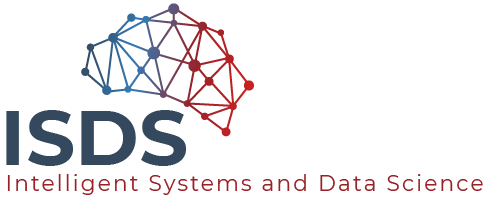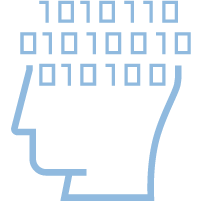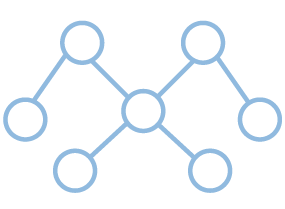Recent News from ISWC 2024
Last week, Francesco, Angelo, and Tanay attended the 23rd International Semantic Web Conference (ISWC) in Baltimore, Maryland. ISWC is the premier conference in the field of Semantic Web, known for its influence and presentation of the latest trends in the field. The main theme of the conference focused on integrating Knowledge Graphs and Large Language […]


 Scholarly Knowledge Mining
Scholarly Knowledge Mining
 Digital Humanities
Digital Humanities
 Data Science
Data Science
 Smart Cities and Robotics
Smart Cities and Robotics
You must be logged in to post a comment.